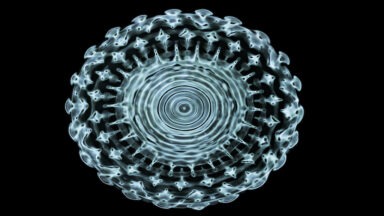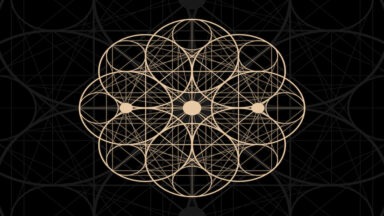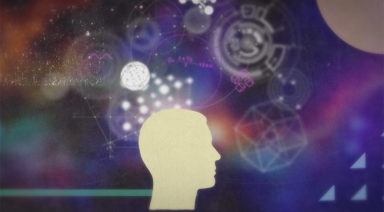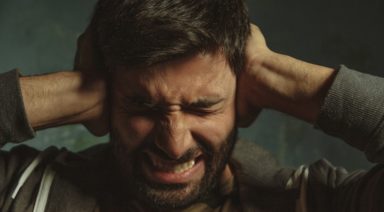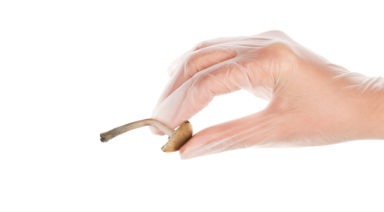Study Finds Ayahuasca Affects Epigenetic Gene Expression

In this Gaia News special investigation, we take a look at groundbreaking new research being done on ayahuasca, an ancient psychedelic plant medicine showing great promise in addressing the most difficult to treat mental health conditions, and may even change our DNA.
Dr. Simon Ruffle is a psychiatrist and researcher who led this study conducted in the Peruvian Amazon.
“Ayahuasca is a psychedelic brew that is used in the Amazon rainforest. It’s been used for at least hundreds of years and there’s some evidence that suggests that it may have been used for thousands of years,” Ruffell said.
“It’s used for a wide variety of purposes and normally by indigenous tribes. It’s used most commonly, now, for healing. And there’s been a lot of interest from people from the West going to the Amazon rainforest in order to drink ayahuasca. And also ayahuasca is spreading all over the world and now can be found on pretty much every continent.”
Watch Part 1:
In part two we look at how researchers found a statistically significant change in the expression of the SIGMAR-1 gene which is thought to be involved with how traumatic memories are recalled.
Watch Part 2:
Are Supernatural Entities Encountered on DMT Healing People?
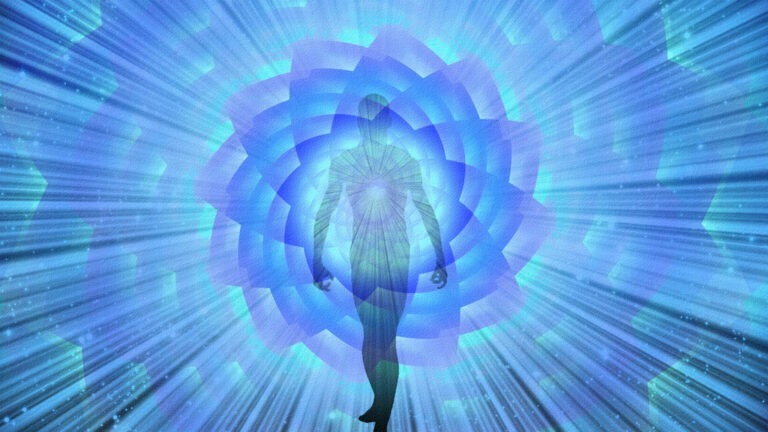
Could supernatural entities encountered during a psychedelic trip be responsible for the dramatic psychological healing that many reports? New research seeks to find out.
DMT or N, N-Dimethyltryptamine is widely considered the Earth’s most powerful hallucinogen. It is the latest psychedelic to be clinically studied for its potential to treat mental health issues like major depression and PTSD.
One frequently occurring phenomenon of the DMT trip researchers are particularly interested in is the appearance of entities whom experiencers often credit with the healing they receive.
Jay Waxenberg is the director of the DMTx program at the Center for Medicinal Mindfulness. Based in Boulder, CO, it was one of the first centers to offer legal psychedelic therapy in the U.S.
“The entities are really this unique aspect of DMT and they play different roles for different people in that space. What’s very common is, one, you’re going to encounter one of these things, and two, that you’re going to feel like they’re giving you some piece of information to take back to the regular consensus reality. Also, that they are benevolent — lots of love and kindness, these are very common elements for the entities — and we have linguistic models to kind of relate to those spaces, whether they’re elves or imps or fairies, they could be angels, bodhisattvas, aliens, interdimensional beings — these are kind of like the things that people will come back and say ‘[T]hat’s kind of what that felt like, that’s kind of what that thing is.’”
The groundwork for current research on the topic was laid by Dr. Rick Strassman- a psychiatrist and pioneering psychedelic researcher who first described these entities in his book ”DMT: the Spirit Molecule.”
“The beings were beneficent, they did healing, they gave advice, some predicted or showed volunteers the future, some were examining the volunteers. But one of the hallmarks of the interaction was the strength of those beings,” Strassman said.
A recent study surveyed 2,500 individuals who encountered entities after taking DMT. The researchers found that “[T]he experiences were rated as among the most meaningful, spiritual, and psychologically insightful lifetime experiences, with persisting positive changes in life satisfaction, purpose and meaning attributed to the experiences.”












